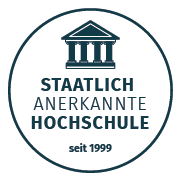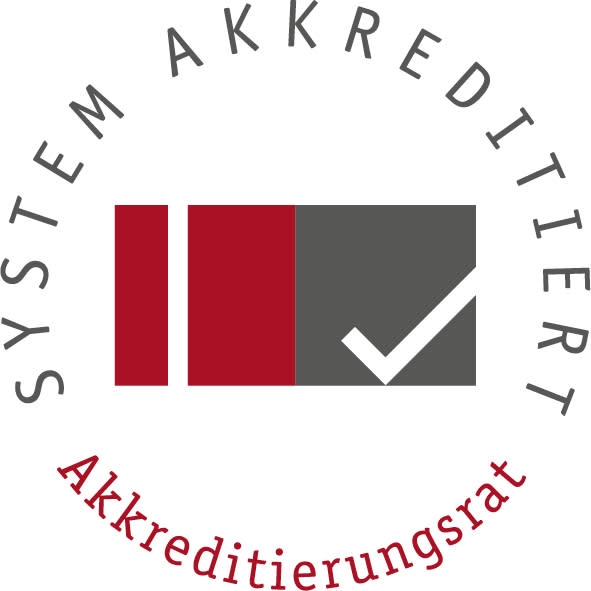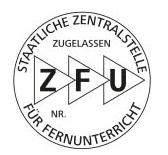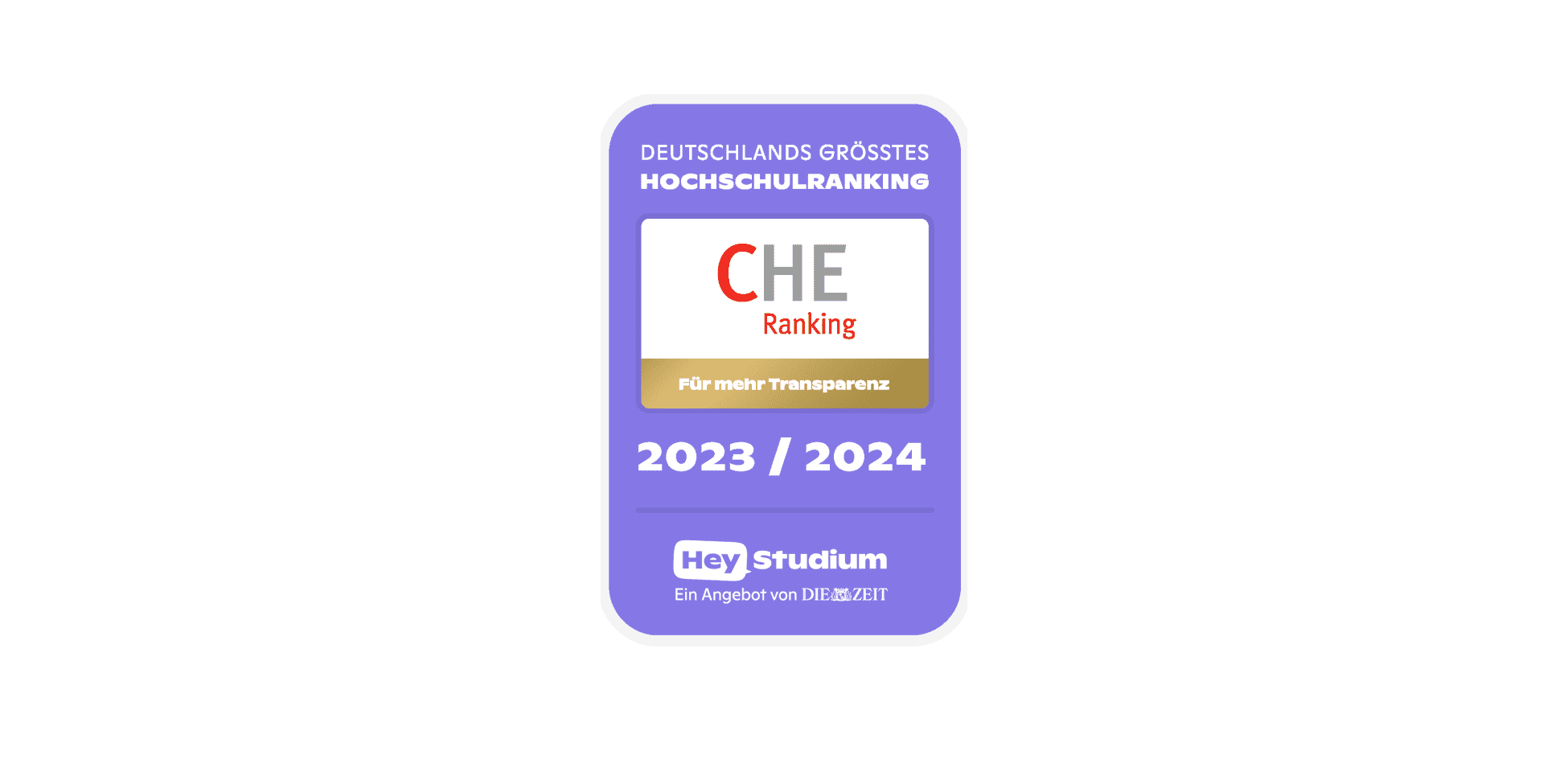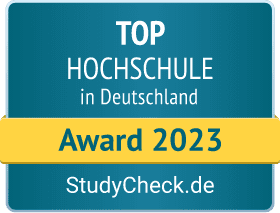What the study is about
Digital education in Germany. What’s the situation in schools? The digitalisation of schools is a much debated topic among the German public. And it has been for years. That’s reason enough to take a closer look at “digital education” in Germany: how extensively do schools use digital media – and how well equipped are they? The most recent study conducted by IU International University of Applied Sciences (IU) presents facts and opinions on this topic.
Digital education comes with many prerequisites. Above all: sufficient technical equipment for schools – and school staff with digital skills. 99.5% of surveyed teachers and senior leadership team members claim that they are confident navigating the internet.
When asked about digital infrastructure, 98.5% of school staff say that their school is connected to the internet, but a large majority state that it is not available in all necessary areas. 57.0% of respondents say that digital media such as videos is used at least regularly in their schools – and 35.1% say they are used at least sporadically.
For many parents, that’s not enough: 51.6% think that digital media is used too rarely in their child’s school. And they
would like schools to be better equipped with tablets and laptops. According to them, for example, class sets of tablets that can be used when needed are only availa¬ble in 32.2% of cases. 65.8% of school staff surveyed say that they have tablets for their classes.
Speaking of equipment: 65.7% of senior leadership team members view sufficiently equipping school pupils with digital devic¬es as the biggest obstacle to digitalisation, followed by teachers’ digital skills at 63.7%. This makes state funding all the more relevant: 41.5% of senior leadership team members say that their schools are already working with funding provided as part of the government’s DigitalPakt scheme – and a further 40.0% have al¬ready applied or had their application granted.
“When it comes to digital education, it’s not about simply replacing analogue teaching materials with digital files and tablets. Rather, digital education means implementing a strategic and comprehensive teaching and learning concept in schools, and which has to be completely rethought on a digital level.”
Prof. Dr Ulrich Kerzel, Professor of Data Science and Artificial Intelligence at IU International University of Applied Sciences
Download study as PDF

Five important takeaways:
Internet and digital media? Many schools do not have blanket coverage and do not use them enough. 68.6% of school staff say that their schools have internet in all necessary areas. 43.0% of school staff say that their schools only sporadically use digital media in their lessons.
Parents are calling for more digital media in schools. 51.6% of parents think that digital media is used too rarely in their child’s school.
Tablets as needed: often available - but more are wanted. 47.3% of parents call for more sets of tablets in school classes. 65.8% of school staff say that their schools provide sets of tablets in classes.
The obstacles to digitalisation? Equipment and digital skills. 65.7% of senior leadership team members say that sufficiently equipping school pupils with devices is the biggest challenge in digitalisation. 63.7% of senior leadership team members see teachers’ digital skills as an obstacle.
The government's digitalpakt: many schools are requesting financing. 41.5% of senior leadership team members say that their schools are already working with funding provided as part of the government’s DigitalPakt scheme. 40.0% of senior leadership team members have already made an application or had their application granted.
About this study
Publication date: 19 July 2022
This study is based upon the responses of two separately surveyed target groups:
- 683 teachers and senior leadership team members surveyed in German schools
- 944 people surveyed in Germany, with a total of 1,268 school-age children* in their householdsPeriod of the survey from teachers and senior leadership team members: 1 March – 31 October 2021
Period of the survey from people with a total of 1,268 school-age children in their households: 7–10 March 2022
*For parents with more than one school-age child, child-related ques¬tions are asked in succession for two children.
Contact our press team presse@iu.org
or our research team research@iubh.de
Request free study brochure
Thank you for deciding to find out all about your study programme and IU International University of Applied Sciences. Request your study brochure here - free of charge and without obligation.


